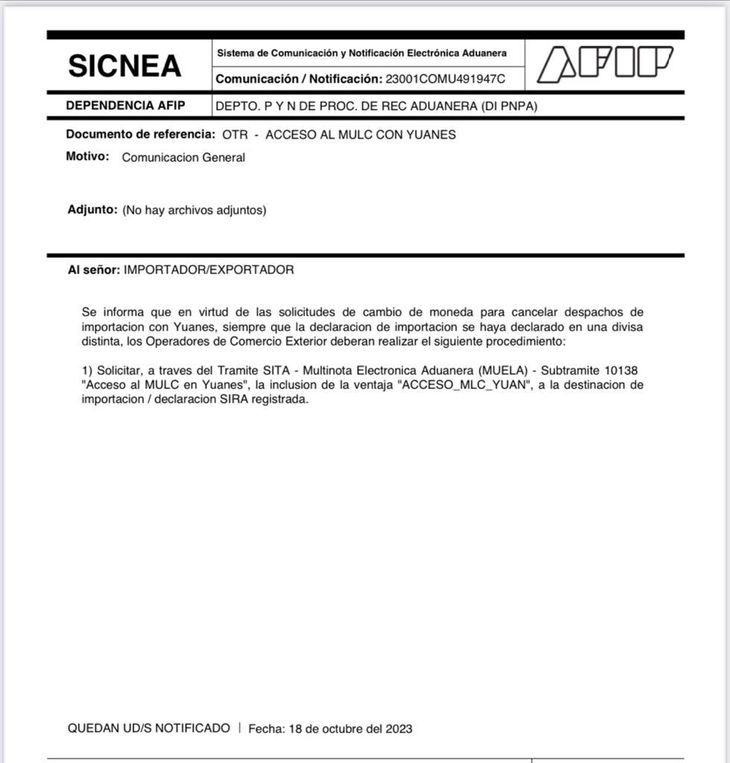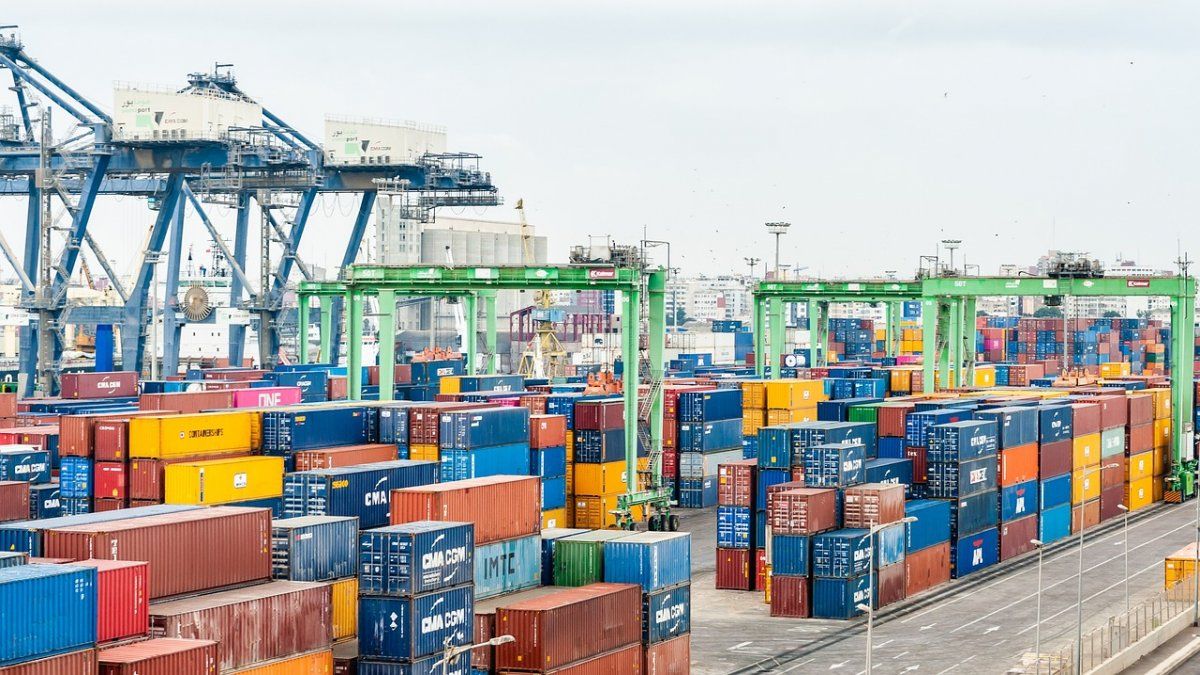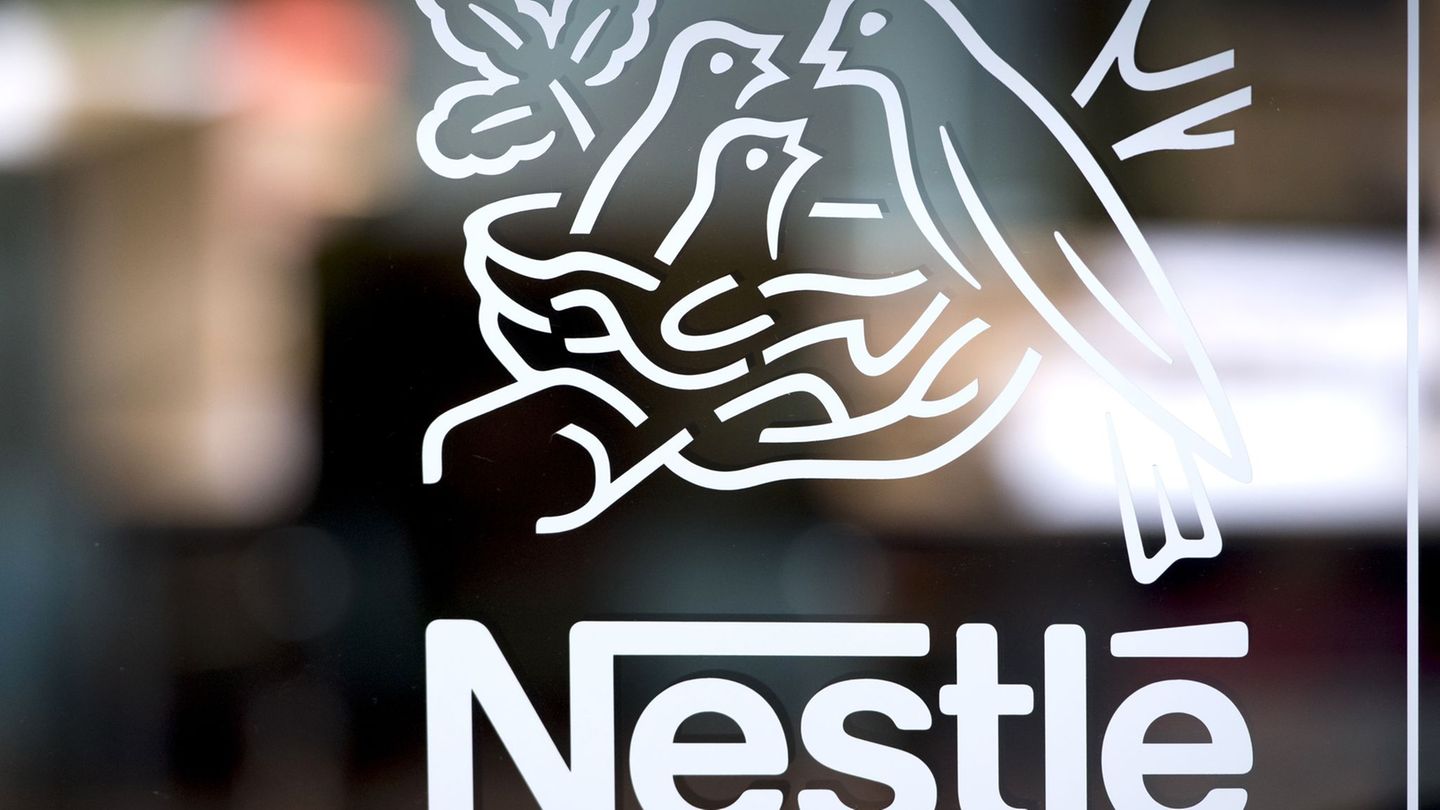Economy works to identify and decompress critical sectors. Customs sent a notification to importers and there is already a massive transfer towards yuan in SIRAS. The market lowers the price to a devaluation in the short term.
President Alberto Fernández confirmed this Wednesday from Beijing the activation of the second tranche of the swap with China that will allow the use of yuan for the equivalent of $6.5 billion to pay imports and intervene in the exchange market. Sources from the Ministry of Economy anticipated to Ámbito that this will bring a relief in access to inputs mainly for small and medium-sized businesses. The critical sectors, the call that Sergio Massa received and the “case by case” of the Ministry of Commerce.
The content you want to access is exclusive to subscribers.
On Tuesday night, when the Minister of Economy finished giving an interview with C5N, he received a call from China. Was Alberto Fernandez who already had the endorsement of his peer Xi Jinping to activate the second tranche of the “freely available” coin exchange. With the novelty that in this case it will be about US$6.5 billion instead of US$5,000 as it was on the first occasion.


Sergio Massa received the news on an occasion when he was accompanied by the Undersecretary of Policy and Commercial Management, Germán Cervantes, a leading official in Commerce. In charge of monitoring imports and “taking care” that the destination of the foreign currency that arrives in Argentina is applied to production. It could be a coincidence, or not. But the head of the Treasury Palace had already planned to meet with him to outline the agenda for the coming days.
The Government expressed confidence that the liquidity that the People’s Bank of China will provide will alleviate the situation of importers and “especially SMEs”. In dialogue with Radio 10, Massa said that “from now on work by Customs, the Ministry of Commerce and the Central Bank begins to accelerate payments and production processes”.
Once the news was confirmed, the organization led by Guillermo Michel sent all importers a notification that explains the process to carry out the modification of the SIRAS and denominating them in yuan. As confirmed by the DGA to Ambitwithin a few hours the massive requests.
SIRAS yuan.jpeg

The activation of the second tranche of the swap occurs in a context in which everything is mixed: the objective needs of local manufacturers to have inputs, the uncertainty of the pre-electoral scenario and the logical appetite for overstocking of those who see access to official exchange market an opportunity to dollarize and “hedge” against a possible devaluation.
These tensions were renewed with the sector perhaps most sensitive to the daily lives of citizens: the medical supplies. In the last hours there was a meeting in which government officials and company representatives participated. In Economy they assure that “it is not a product problem but a price problem” and point out that at the same time some importers demand access to foreign currency “on the same day.” A common fight in times of exchange gap. That’s why Economics applies a “case by case” analysis.
From January to October the drop in imports does not reach 1%. That is, despite the fact that 2022 was a record year and had an additional burden due to high international energy prices, purchases abroad remained almost at the same levels. Particularly in regards to medical supplies, in Commerce they assure that there is a growth of 20% in interannual terms.
Again, the effect of the gap plays on expectations and import appetite. In his Almost automatically, falls were seen in all sections of the Rofex curve, the market lowered the price to an exchange rate jump in the short term.
Source: Ambito




